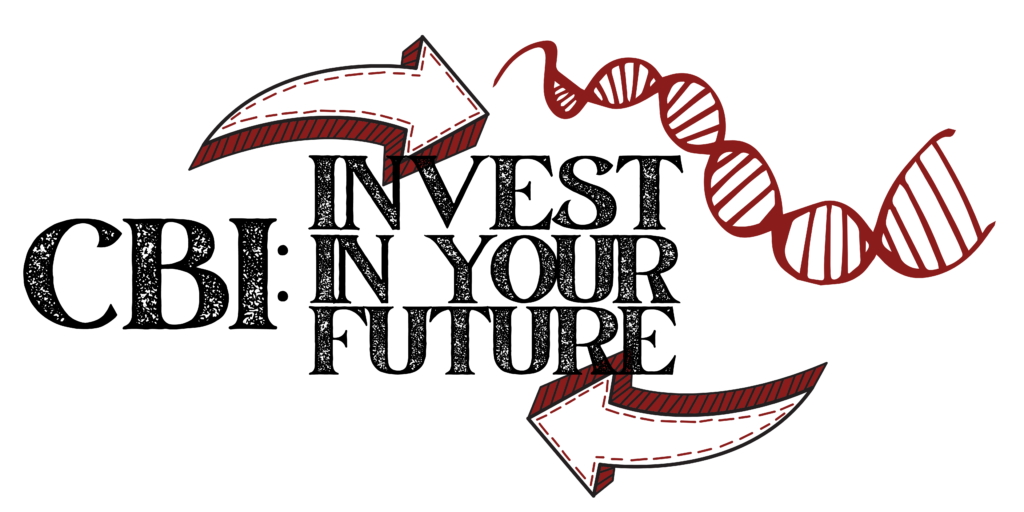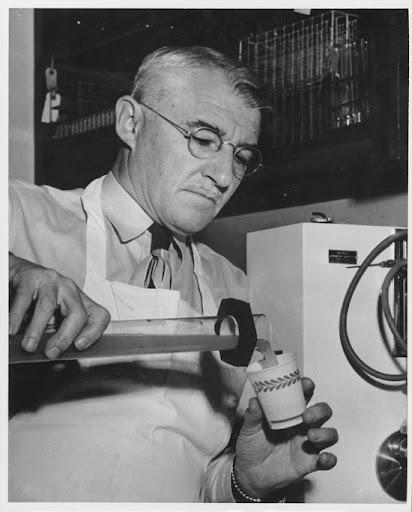

Over 29 years ago, a small number of scientists were able to obtain NIH Traineeships funding and in that moment, the UMass CBI Program was born! Their aim has always been to provide students with the latest training in their field and to enhance training a much larger population of students in cutting edge science.
Since it’s it’s inception in 1995, the UMass CBI program has introduced countless students directly to top leading industry professionals, forging the way for invaluable connections and fostering it’s own scientific community.
We are very proud of our network of over 150 CBI Alumni who completed the CBI curriculum and hope you consider joining us!
Impact.
While we currently have 8 NIH-funded traineeships, over the past 29 years the program has consistently averaged ~60 CBI Trainees following the curriculum, demonstrating our high impact on training and our commitment to inclusivity. By seeding many other campus initiatives, including IALS and BTP, CBI has a major impact on the growth of interdisciplinary science on this campus.
The CBI community is highly collaborative: at the start of 2020, CBI Faculty funding included $1.3M in current year direct cost for collaborative research grants, and collaborative projects among the CBI Faculty have led to over 100 joint publications.
For the 2015-2019 period, all training grant eligible students graduating from CBI labs had an average time-to-degree of 5.8 years (compared to 5.8 years for Chemistry and 6.3 years for MCB, the two programs which provide the greatest number of CBI students). Students from under-represented groups graduate in a similar time, averaging 5.7 years.
For students who entered in 2008-2012, PhD completion rates from CBI labs are 88% for all students and 89% for students from under-represented groups (compare to 74% over the same period for our five participating graduate programs).


Career Placement.
Of the 46 TGE students who completed PhD degrees in CBI labs in 2015-2019, 45 (98%) are employed in research-intensive or research-related jobs and one is on the job market. These recent CBI alumni work in a range of positions and sectors including 15 (33%) postdocs in academia, industry, or government labs, 23 (50%) employed in industry, 2 government research, tenure-track academic positions, and academic teaching, science, or administrative positions.
Publication rates
For 74 representative TGE (training grant eligible) students who completed their PhD degrees in CBI labs in 2010-2019, each student published an average of 5.6 total papers and 2.4 first-author papers, with very similar publication rates for students from under-represented groups (5.5 total papers and 1.9 first-author papers). Very few students graduated with no first-author publications: 8% of all students and 13% of students from under-represented groups.
